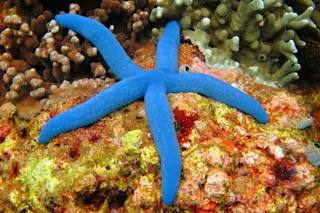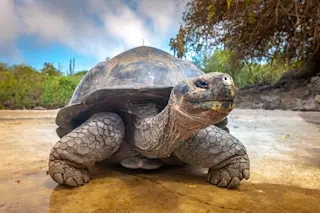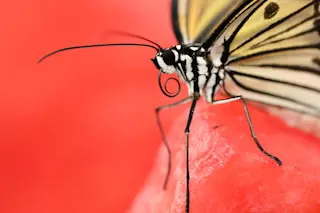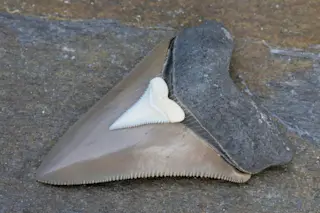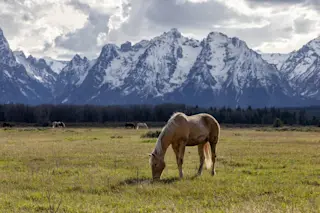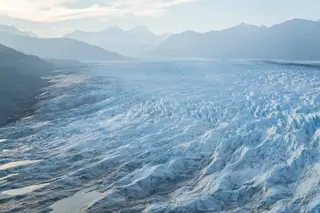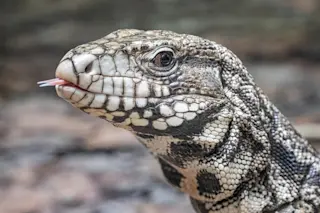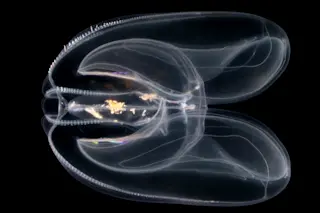Nine years ago, a team of fossil-hunters led by Philip Gingerich from the University of Michigan uncovered something amazing - the petrified remains of an ancient whale, but one unlike any that had been found before. Within the creature's abdomen lay a collection of similar but much smaller bones. They were the fossilised remains of a foetal whale, perfectly preserved within the belly of its mother. Gingerich says, "This is the 'Lucy' of whale evolution."
The creatures are new to science and Gingerich have called them Maiacetus inuus. The genus name is an amalgamation of the Greek words "maia" meaning "mother" and "ketos" meaning "whale", while Inuus, the Roman god of fertility, gave his name to the species.
The foetus's teeth were the first to be uncovered and only as the surrounding (and much larger) bones were revealed, did Gingerich realise what his team had found - the first ever ...






